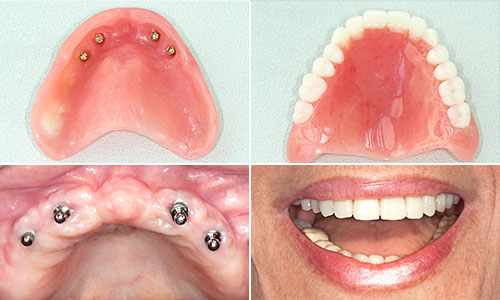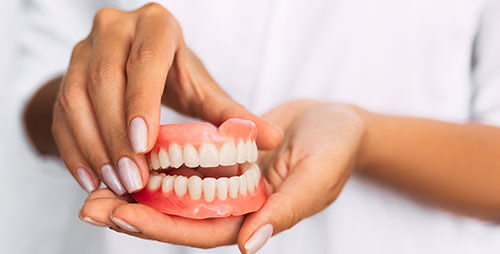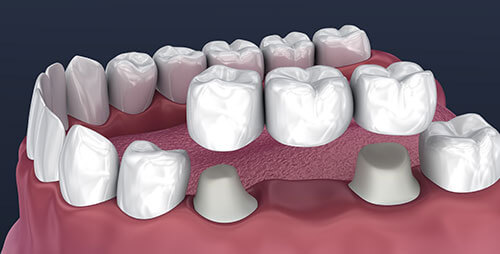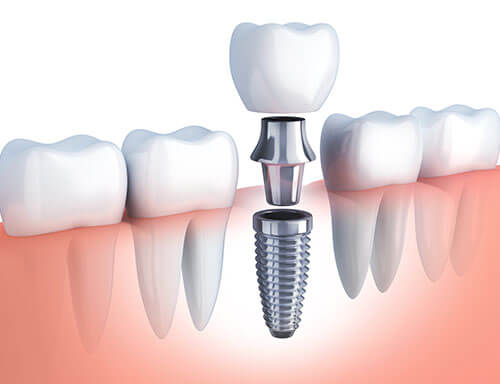
EXTRACTIONS and MISSING TEETH
Extractions
Here at Bright-On Bay Dental, extracting the tooth is usually the last option. Teeth may need to be extracted if it is affected by gum disease, decay, badly broken down or infected. But, before we extract the tooth, Dr Janice makes sure you understand the options before we carry out the procedure.
Wisdom teeth
If your wisdom teeth are impacted or making oral hygiene difficult around those back molars, it could result in decay or gum disease to the wisdom teeth or adjacent molars. Delaying treatment of these teeth can often result in a more difficult extraction later down the track.
What are the options after a tooth is extracted
Once a tooth is extracted, you will be left with a space. Not every extracted tooth needs to be replaced, but there are options from dentures, bridges to implants.
Dentures
Making dentures is something that Dr Janice loves and feels that it is a bit of a lost art. She will be able to recommend the best options for you and your family members after assessing the rest of your dentition. It is a practical and economical way of replacing multiple missing teeth to help get you eating and smiling again!
Bridges
Bridges can replace missing teeth. Now that implants are more affordable and widespread, bridges are less common, but in the right cases, still a good option particularly when the adjacent teeth also are heavily restored.
Implants
In the unfortunate case of losing a tooth, an implant will provide you with a replacement that feels close to your natural tooth. We start the planning for implants when we discuss your extraction. An implant is best placed 3 months after an extraction to minimise further bone loss.
Your implant is then planned using 3D radiology technology (cone beam CT scan). Together with digital scanning/impression technology, we can place the implant exactly where it was planned using a surgical guide. This means a quicker surgery and recovery.
Implants can restore more than one missing tooth. Multiple implants can support bridges or dentures. Dr Janice has found implants have been particularly helpful for those with loose full dentures.

Frequently Asked Questions
Post operative instructions
After an extraction, there is the possibility for pain, infection, swelling, bruising and numbness. To help the recovery, we recommend following the instructions:
- Numbness – whilst you are still numb, be careful not to bite your cheeks, lips or tongue. We recommend not eating until the numbness wears off. This may vary depending on the type and amount of anaesthetic given.
- Bleeding – It is normal for some blood to ooze from the socket. If bleeding continues, roll gauze (or a clean towel) and bite on it for 15-20 mins. If bleeding persists, contact us.
- Next 24 hours – The blood clot that forms is important for healing. Smoking, alcohol, excessive spitting and rinsing can disrupt the formation of the clot.
- Diet – Chew on the other side to avoid food getting into the socket. Cold, soft food may be more comfortable.
- Pain and medication – it is normal to feel discomfort after the extraction. Taking some analgesics like Panadol and Nurofen before the anaesthetic wears off can help make it more comfortable and control the discomfort. If antibiotics have been prescribed, it is important to take all the full course.
- Tomorrow – Gently rinse with warm salty water starting tomorrow and continue for a few days.
As always, if you are unsure or have any questions, please contact us by phone or email.
Note: Any surgical or invasive procedure carries risks. Before proceeding, you should seek a second opinion from an appropriately qualified health practitioner.



